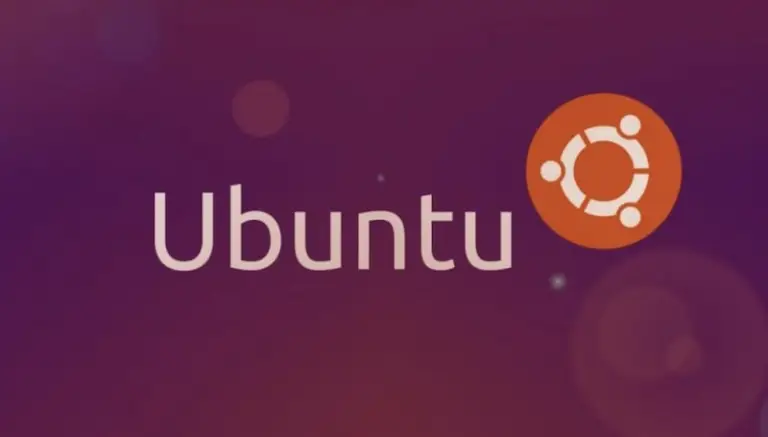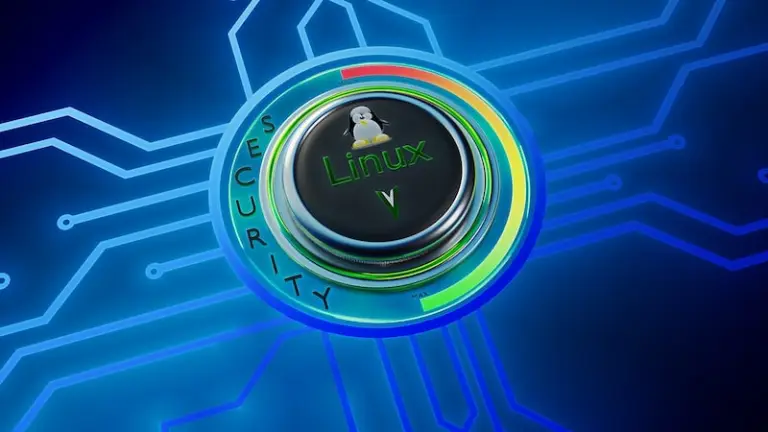What is Linux? What are the advantages of Linux based operating system?
We’ve probably all heard of Linux-based operating systems. Unlike Windows, which is not as popular among the general users, many lack a detailed understanding of Linux based OS as an operating system. In this post we will talk about Linux based computer operating system.
Linux-based mainstream operating systems have a unique combination of features and security. These are usually free and open-source. Linux based OS can be a great alternative to Microsoft Windows and Apple MacOS. However, Linux differs from traditional Windows or Mac operating systems because of their different code and basis. Let’s take a look at what Linux is and how it works. In this post you will know:
- What is Linux?
- Benefits of Linux
- What is a Linux distribution?
- What is the desktop environment?
- Installing software in Linux OS
- Linux command line
What is Linux?
Technically, Linux is a “kernel”, the main controlling part of operating system software. Different operating systems like Ubuntu, Kubuntu, Red Hat etc. are built based on the Linux kernel. Even the Android operating system is based on the Linux kernel. When we say “Linux operating system” we are basically referring to the operating system based on the Linux kernel.
The kernel is the part of an operating system that connects the hardware and other software components of the device. For example, if you open the camera app on your laptop, the kernel communicates with the camera hardware with your instructions from your camera app. Then when the camera is turned on, it shows on the screen. Other hardware and software work, of course. This is a simple example.
The Linux operating system family is so large that it can be discussed all day long. From light bulbs to firearms, from laptops to huge computer servers, Linux is capable of running almost any type of computer system. From the phone to the refrigerator, all the everyday smart gadgets can be run by Linux. The first Linux version was released on September 17, 1991.

What are the benefits of Linux?
There are many arguments for using the Linux operating system. Notable advantages of using Linux are:
- As it is free and open source software, it can be used for free
- More protected from malware than other operating systems
- Linux has more updates than any other computer operating system
- Adding or deleting any feature is relatively easy with Linux core customization.
- With so many distributions, you can choose your own Linux operating system
- Extraordinary community support is available through various forums on the Internet
- Linux ensures that distribution or software does not collect any personal data unnecessarily
- Able to provide high performance on various networks and workstations
- Networking opportunities are more convenient to use in Linux
- Linux is pretty easy to install; You can even use Linux from a USB drive (pen drive) without installing
What is a Linux distribution?
The Linux kernel works much like an engine, where the distribution is a car driven by it. There are hundreds of distributors for Linux. A Linux distribution may be the perfect Linux based operating system for you. Each distribution is designed for different tasks and users. Here are some common Linux distributions:
Linux Mint: Uses Less Computer Skills, Easier to Install and Has a Desktop Like Windows
Debian: This distribution is capable of offering a free True Linux experience
Ubuntu: A modern Linux distribution that is easy to install and use.
Fedora: Linux distribution updated with the fastest feature
CentOS: Built on the basis of commercial Linux distributions
Manjaro: Manjaro built based on Arc Linux offers benefits and almost updates.
Arch: Quite powerful, but may seem difficult to new users
Elementary: The ideal Linux distribution for those who like a Mac-like interface
Linux Distribution is also called Linux Distro for short. If you want to run Linux based operating system on your computer then you can start with Ubuntu. You can also find any of the distros mentioned above (or beyond).

What is the desktop environment?
The desktop environment is a bundle containing various GUI components. The GUI is the graphical user interface. The desktop environment is made up of all the icons, desktop widgets, wallpapers, menus, etc. that you see on your PC.
Some Linux distributions have only one desktop environment. However, it is possible to install different desktop environments using software repository. Some common desktop environments are Cinnamon, GNOME, Unity, KDE, Enlightenment, XFCE, etc.
Cinnamon is a desktop environment that looks a lot like Windows 8. It has a panel at the bottom, a menu, system tray icon and quick launch icon.
Genome and Unity are two almost identical desktop environments. These two modern desktop environment applications use launcher icons and dashboard style displays for select. Core applications also use the theme to further enhance the integration of the desktop environment.
KDE, on the other hand, is a classic desktop environment with a variety of custom features and co-applications. There is an opportunity to customize these features and apps at will. Enlightenment, XFCE, etc. are light-weight desktop environments with panels and menus.
Rules for installing software on Linux
The rules for installing software on the Linux operating system are not the same as in Windows. In Linux the package manager accesses the repository so that there are different types of software. Basically this package manager can be compared to Android Play Store or Microsoft Store. Any software can be searched, installed, updated, or even removed using the package management tool.
However, package managers vary depending on the distribution. However, some common command line tools work in almost all distributions. For example, Ubuntu, Linux Mint and Debian use apt-get package manager. Again Fedora and SaintOS use Yum Package Manager. On the other hand, Pacman will be seen in Arch and Manjaro.
What is Linux? What are the advantages of Linux based operating system?
Linux shell
Although Linux is currently undergoing a number of changes for the benefit of the modern desktop environment, at its core is the shell session. In MacOS, a shell is called a terminal and in Windows it is called a command prompt.
Although all the work is done using the graphical user interface of the modern Linux desktop environment, most of the online education related to Linux still relies on the shell. The use of shell is the same in all distributions so shell works well in all distributions. Using Shell is essential if you want to learn Linux. Anything can be done in Linux through the various command lines written in the shell.

Linux FAQ
Is Linux harder to use than other operating systems?
Some Linux distributions are not as user friendly as Windows or Mac operating systems. However, using most Linux distributions is not a difficult task for any average computer user.
How about Linux for gaming?
Linux is not bad for gaming as an operating system. But gaming is not very popular in Linux as not all games are supported yet.
Is Linux faster than other operating systems?
In some cases, Linux can be considered faster. Linux is an ideal choice if you want to use a number of features without any problems with a lot of services running in the background.




